NSC2500 - Diabetes Mellitus: Pathophysiology, Pharmacology, Treatment
VerifiedAdded on 2022/11/29
|18
|942
|493
Presentation
AI Summary
This presentation provides a comprehensive overview of diabetes mellitus, beginning with a definition of the chronic disorder characterized by high blood glucose levels. It distinguishes between Type 1 and Type 2 diabetes, detailing their causes, symptoms, and underlying pathophysiology. The presentation explores pharmacological treatments, focusing on oral anti-diabetic drugs, specifically Metformin, including its mechanism of action, pharmacokinetics, pharmacodynamics, indications, contraindications, and potential side effects. Furthermore, it discusses both pharmacological and non-pharmacological treatment approaches, emphasizing the importance of lifestyle modifications. The presentation concludes with a summary of key points and a list of references. The assignment is a video presentation and abstract related to the NSC2500 course, focusing on understanding the pathophysiology of a specific disease/condition and presenting the pharmacology used to address it. The presentation adheres to the provided guidelines and addresses the course objectives.
1 out of 18
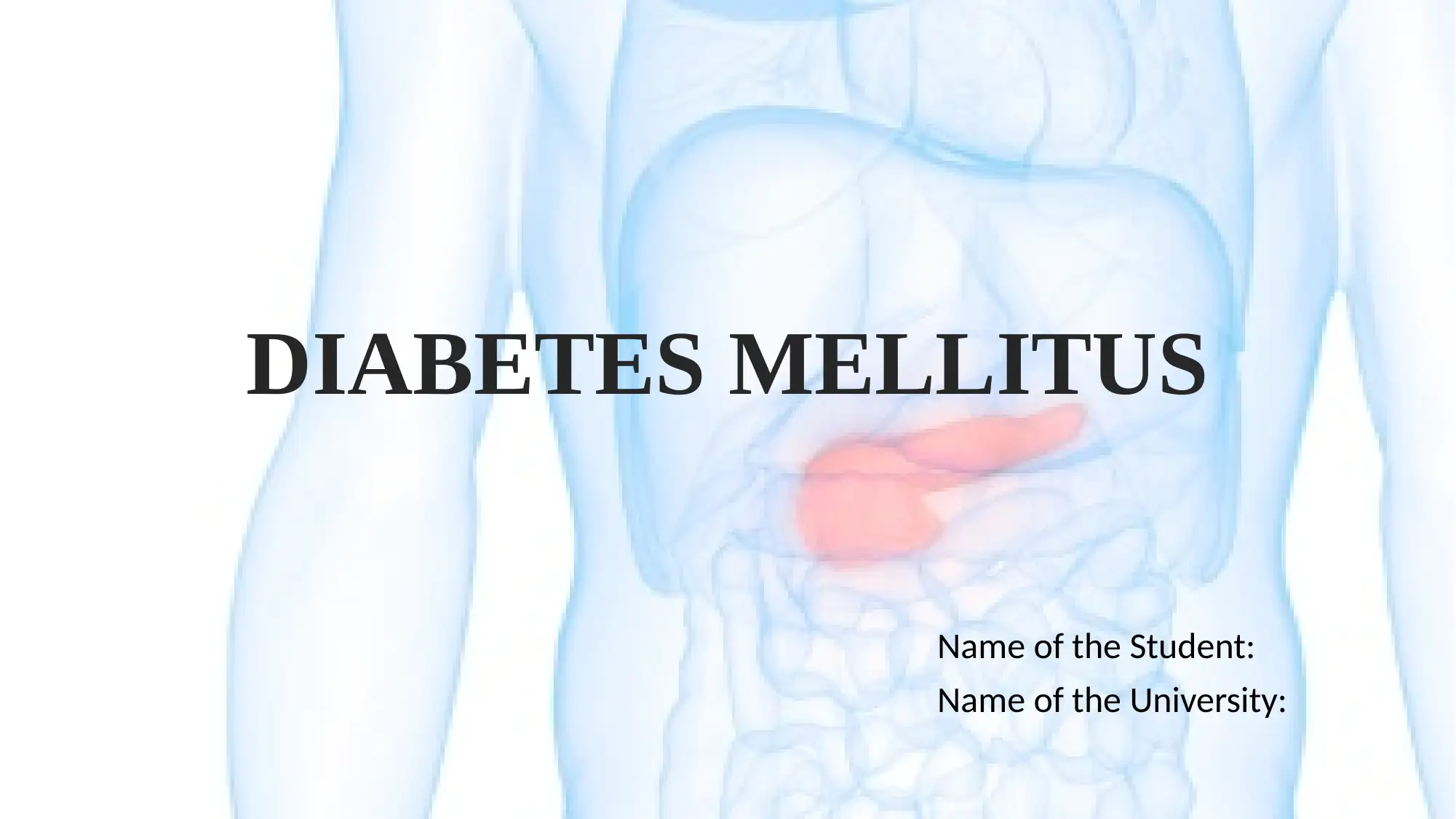
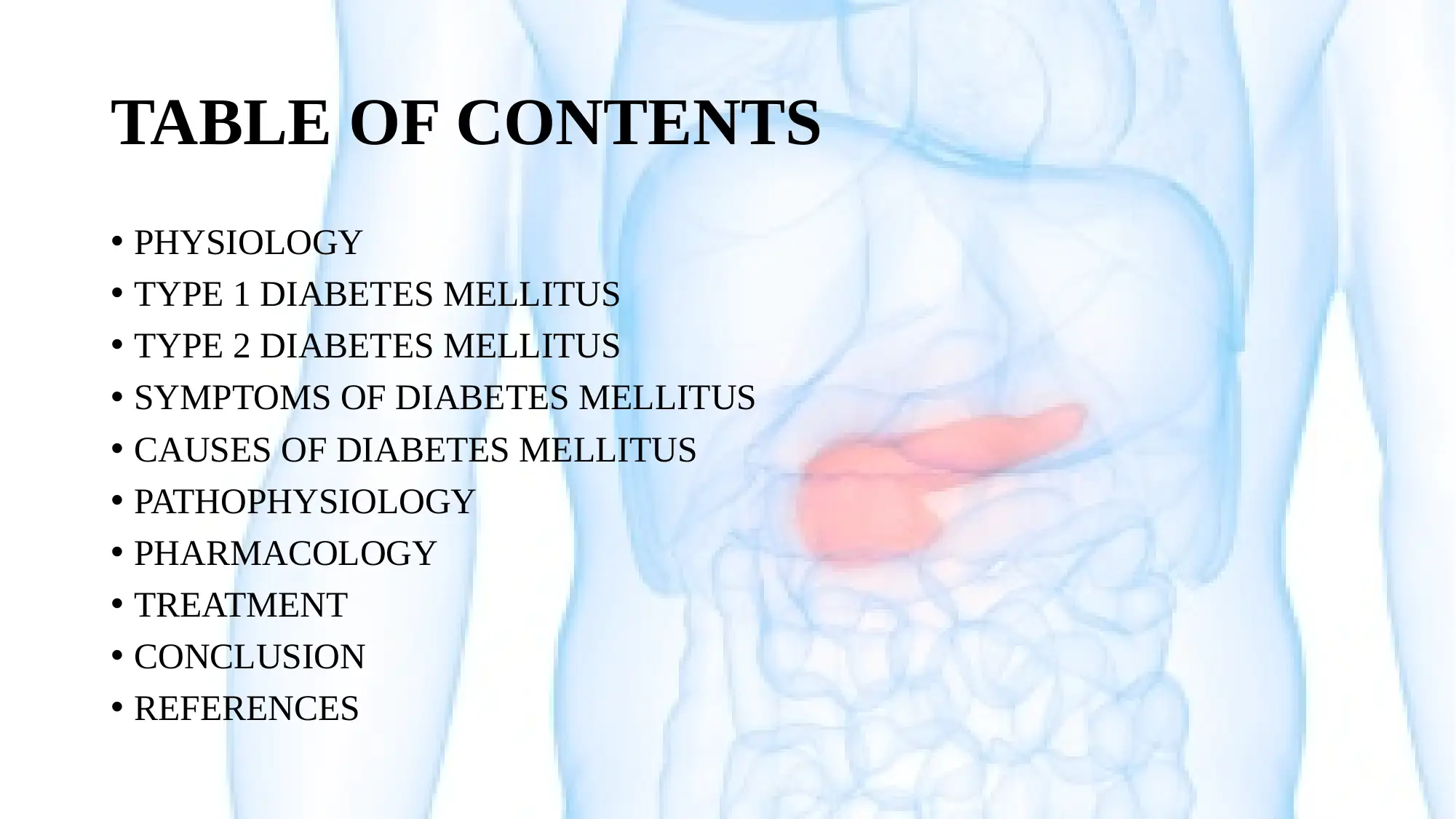
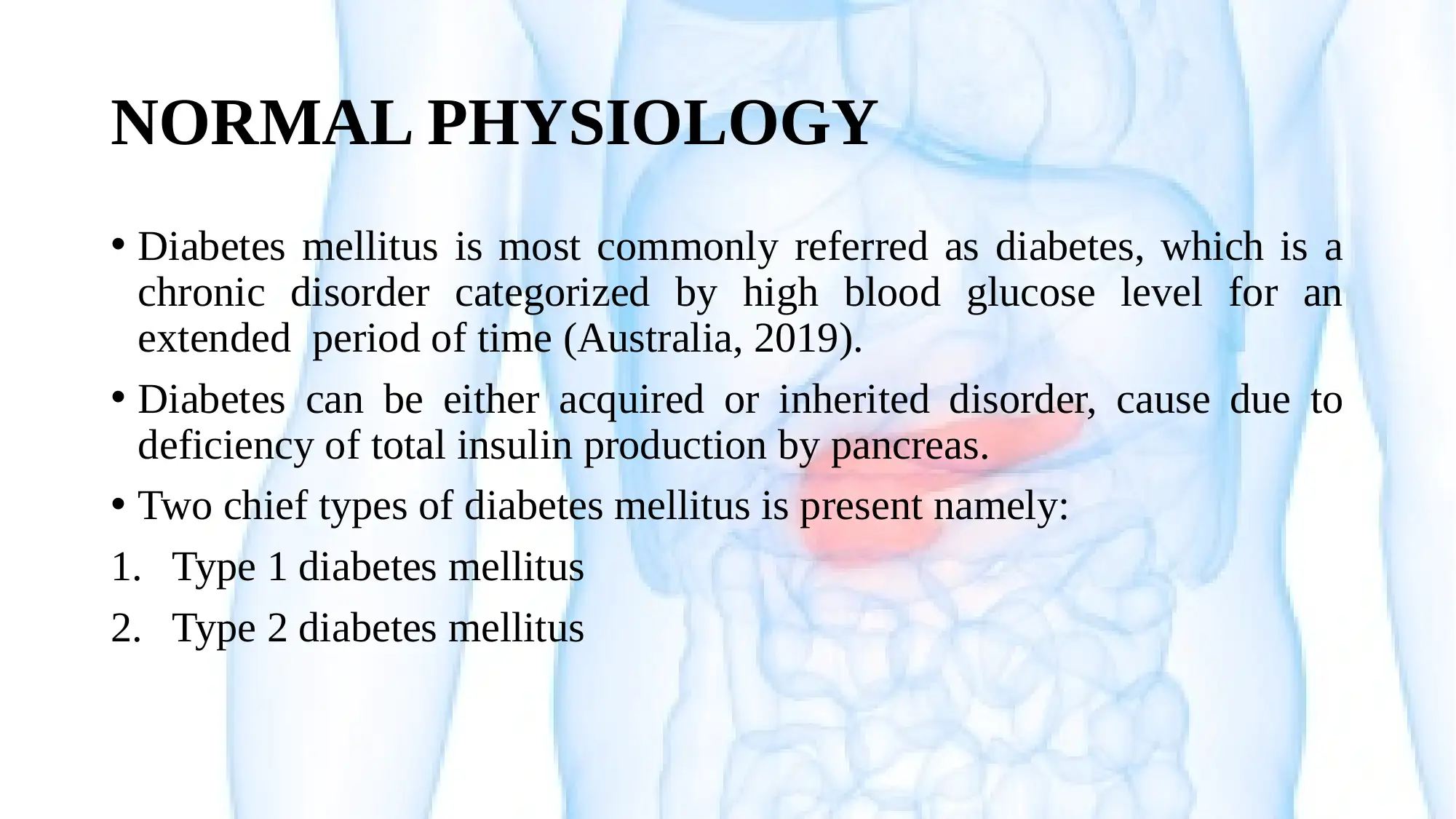

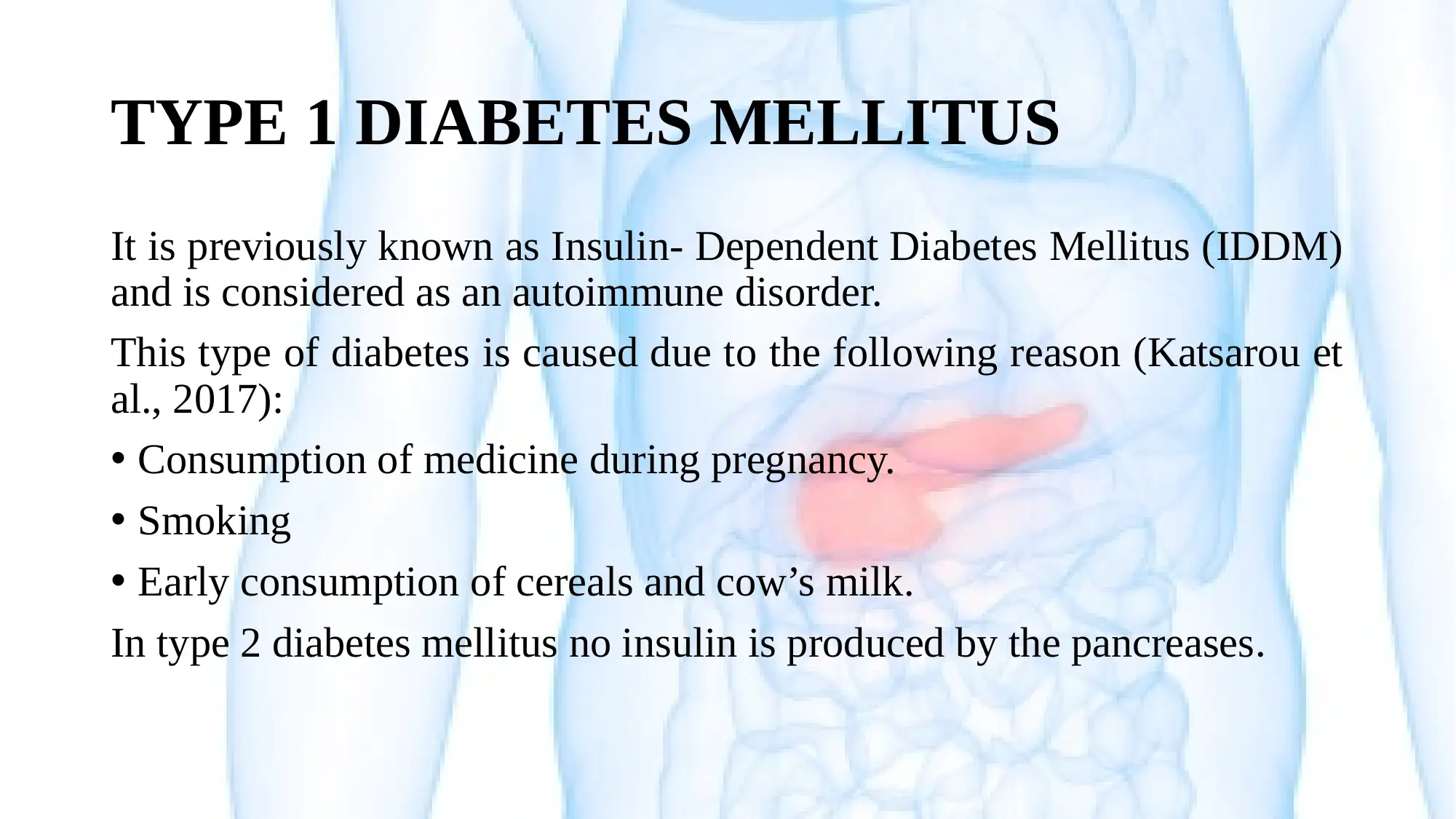
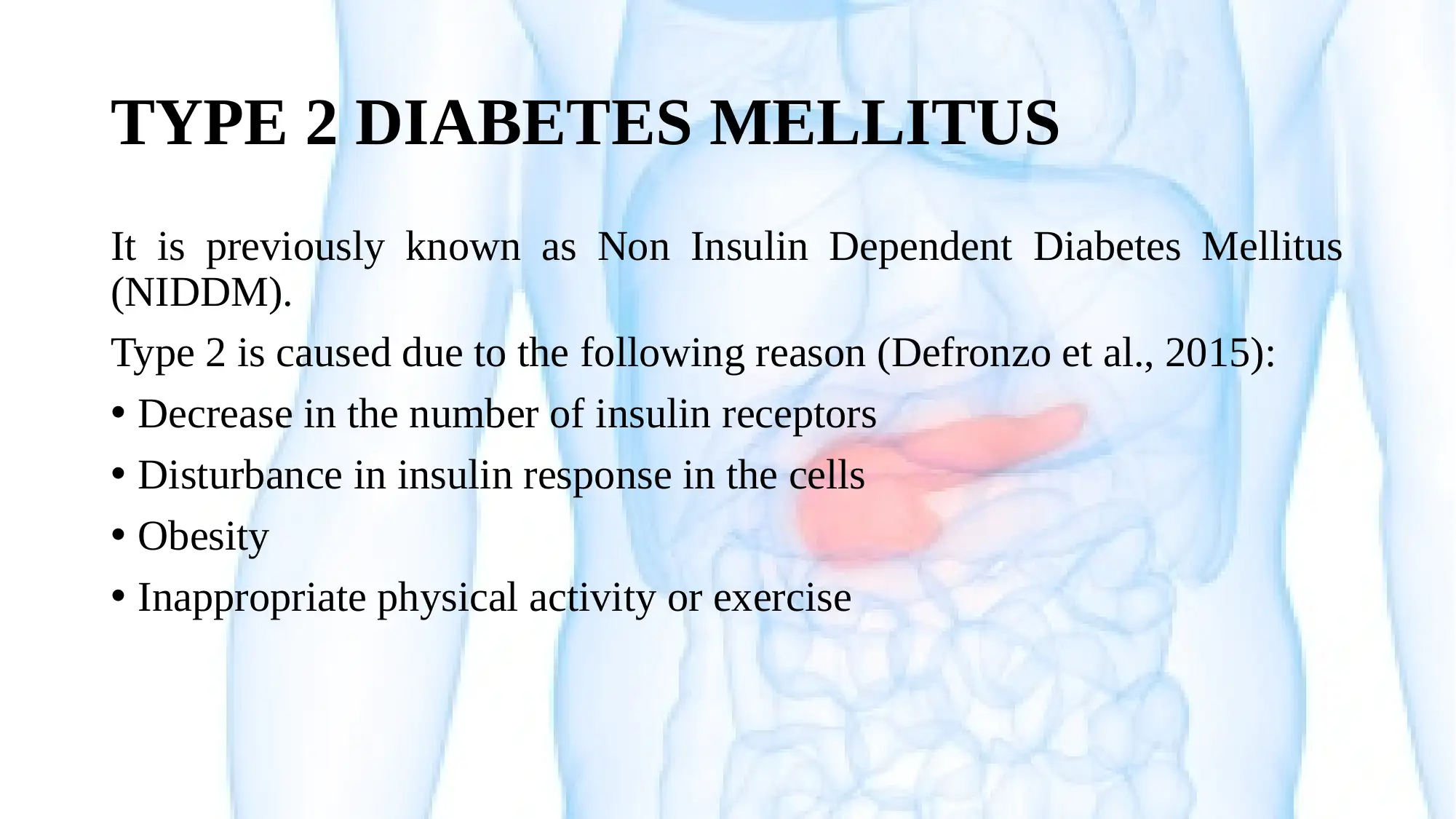
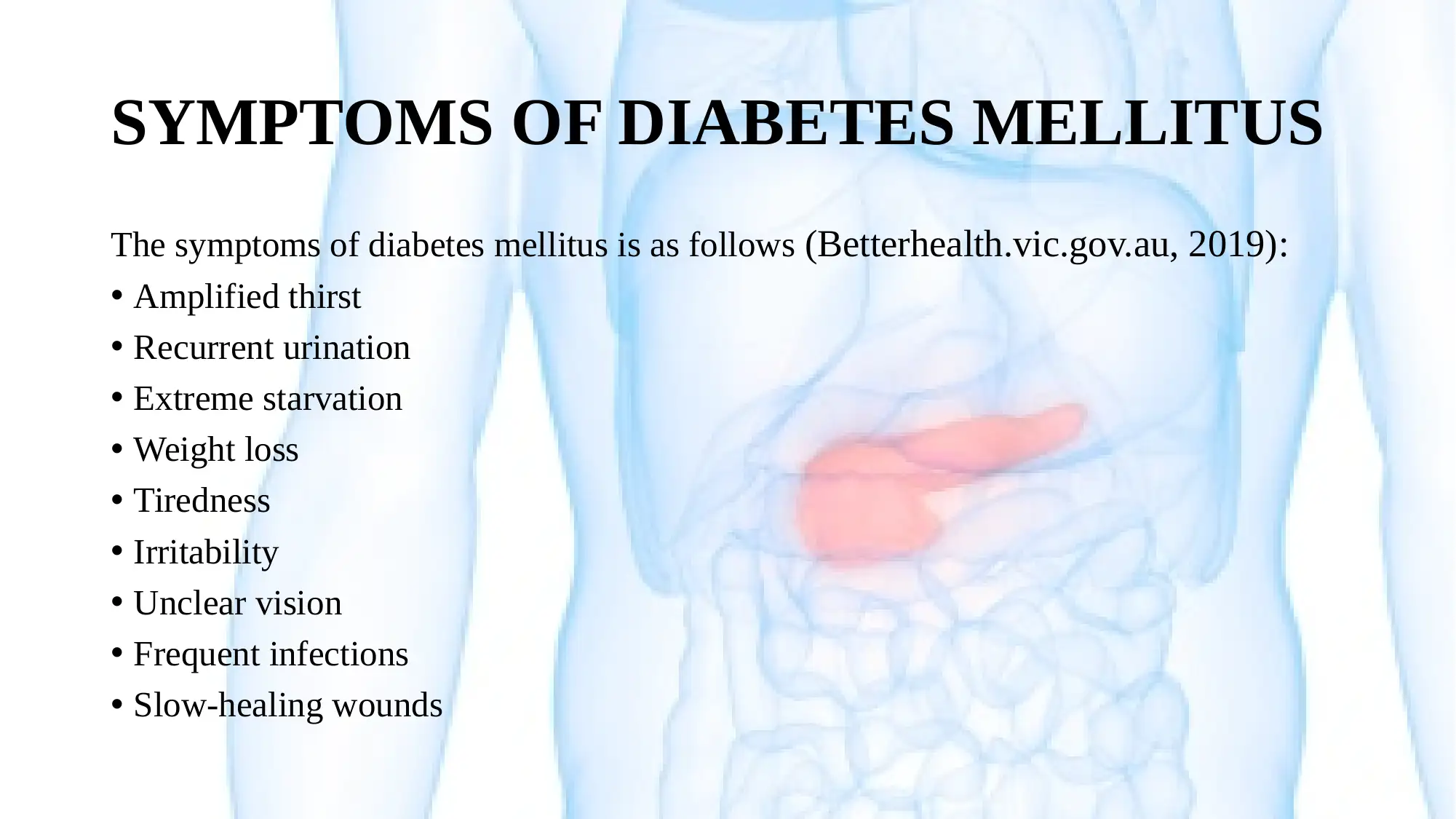
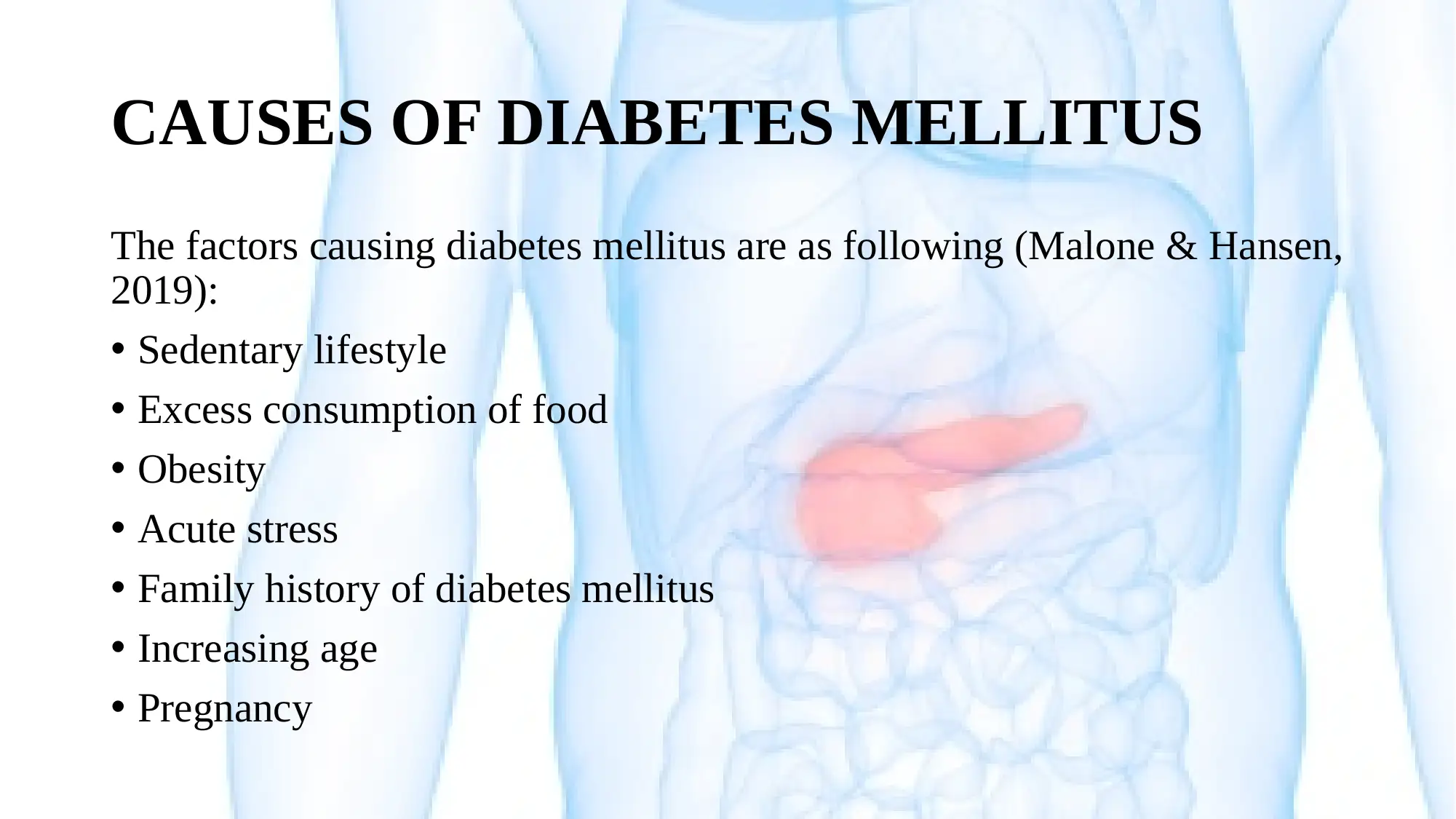
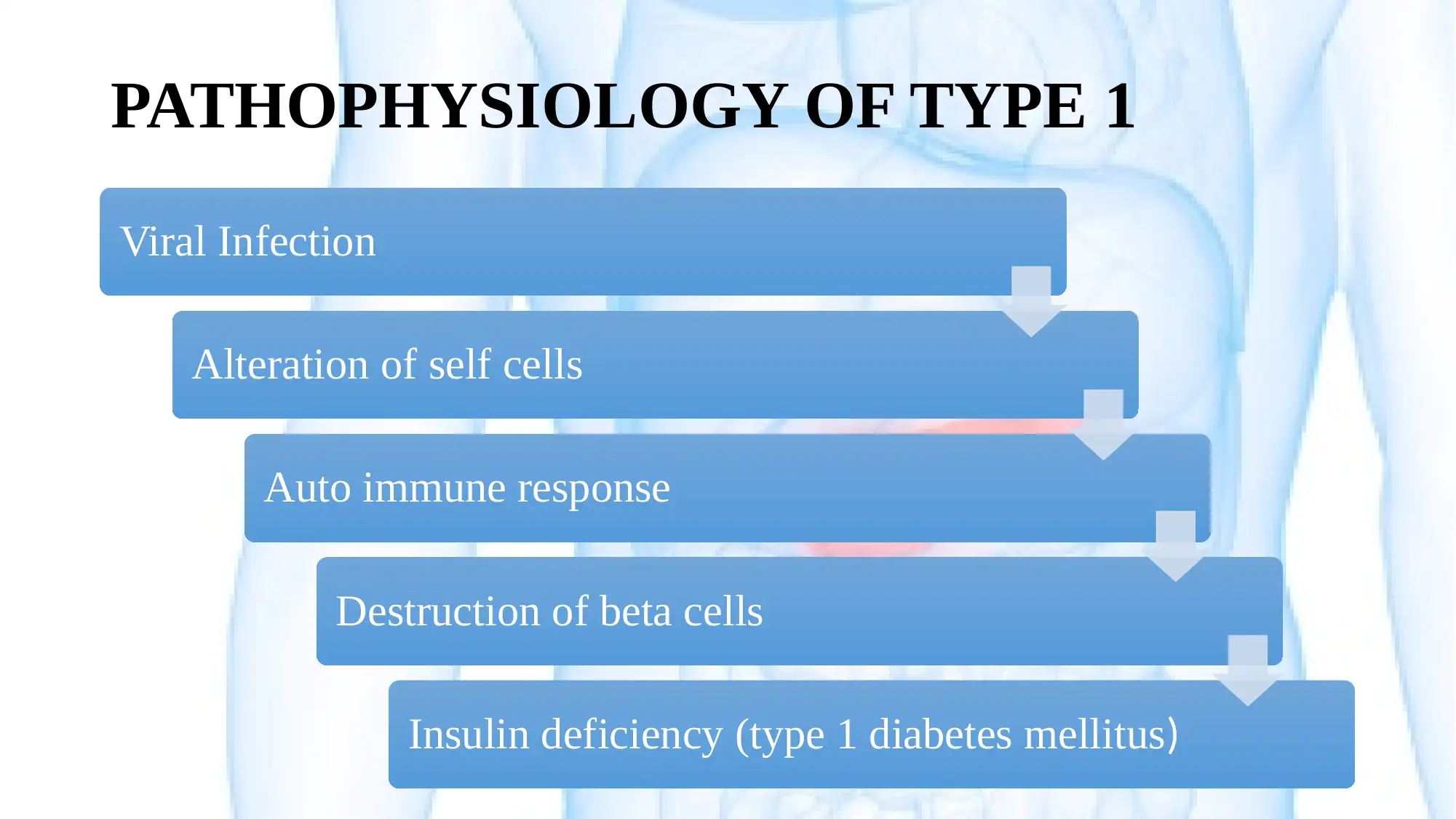
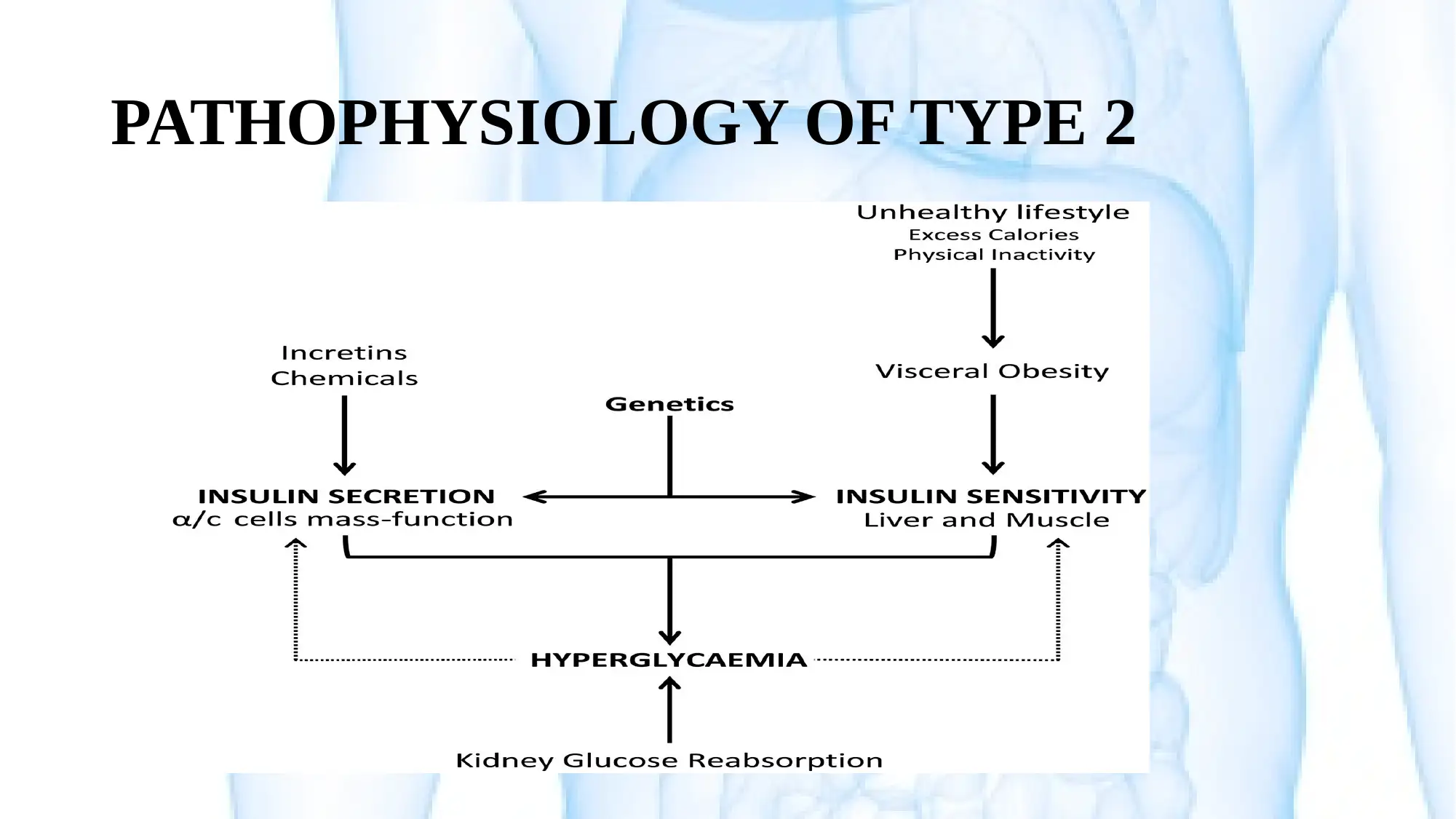
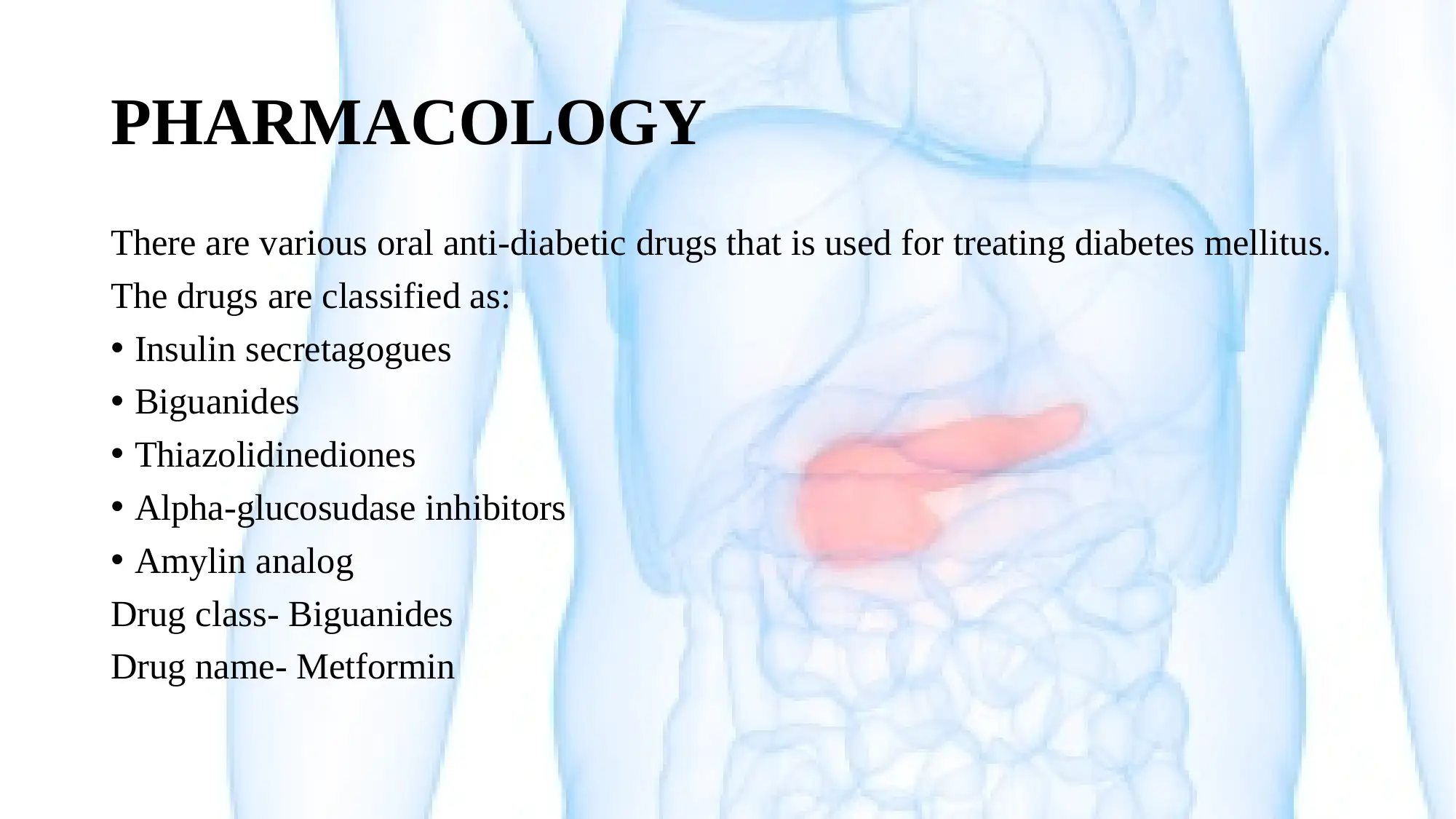
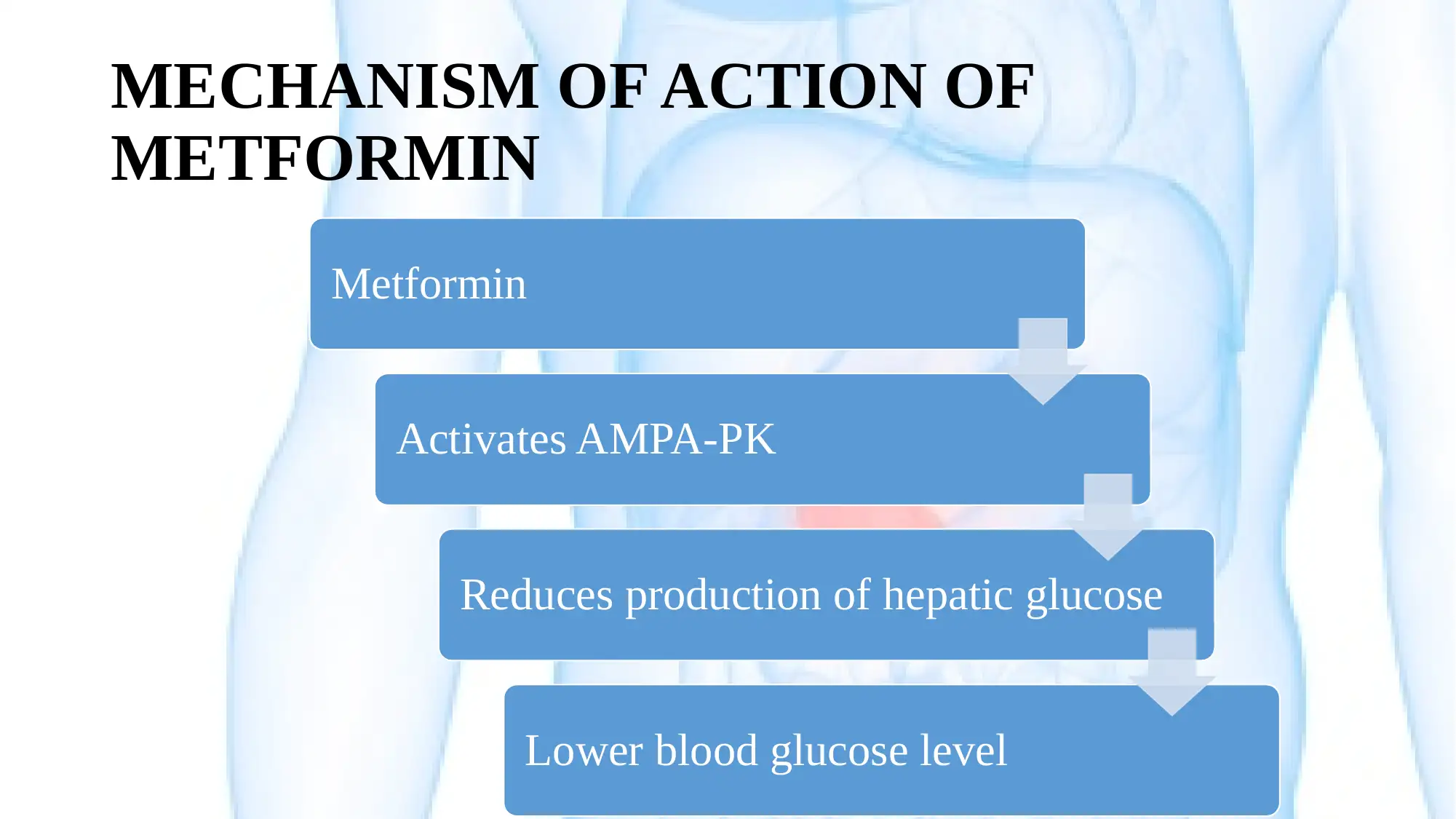
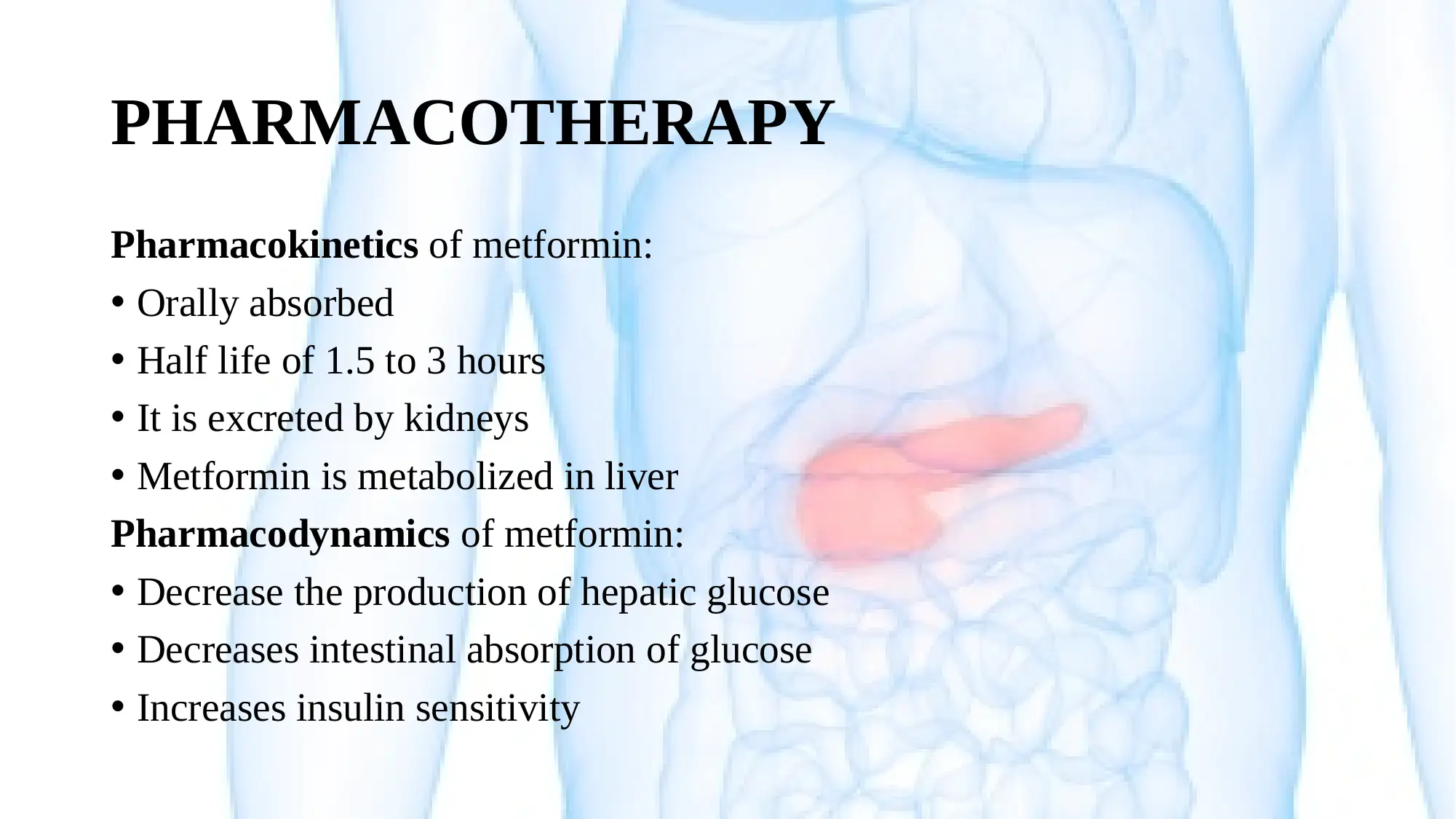






![[object Object]](/_next/static/media/star-bottom.7253800d.svg)